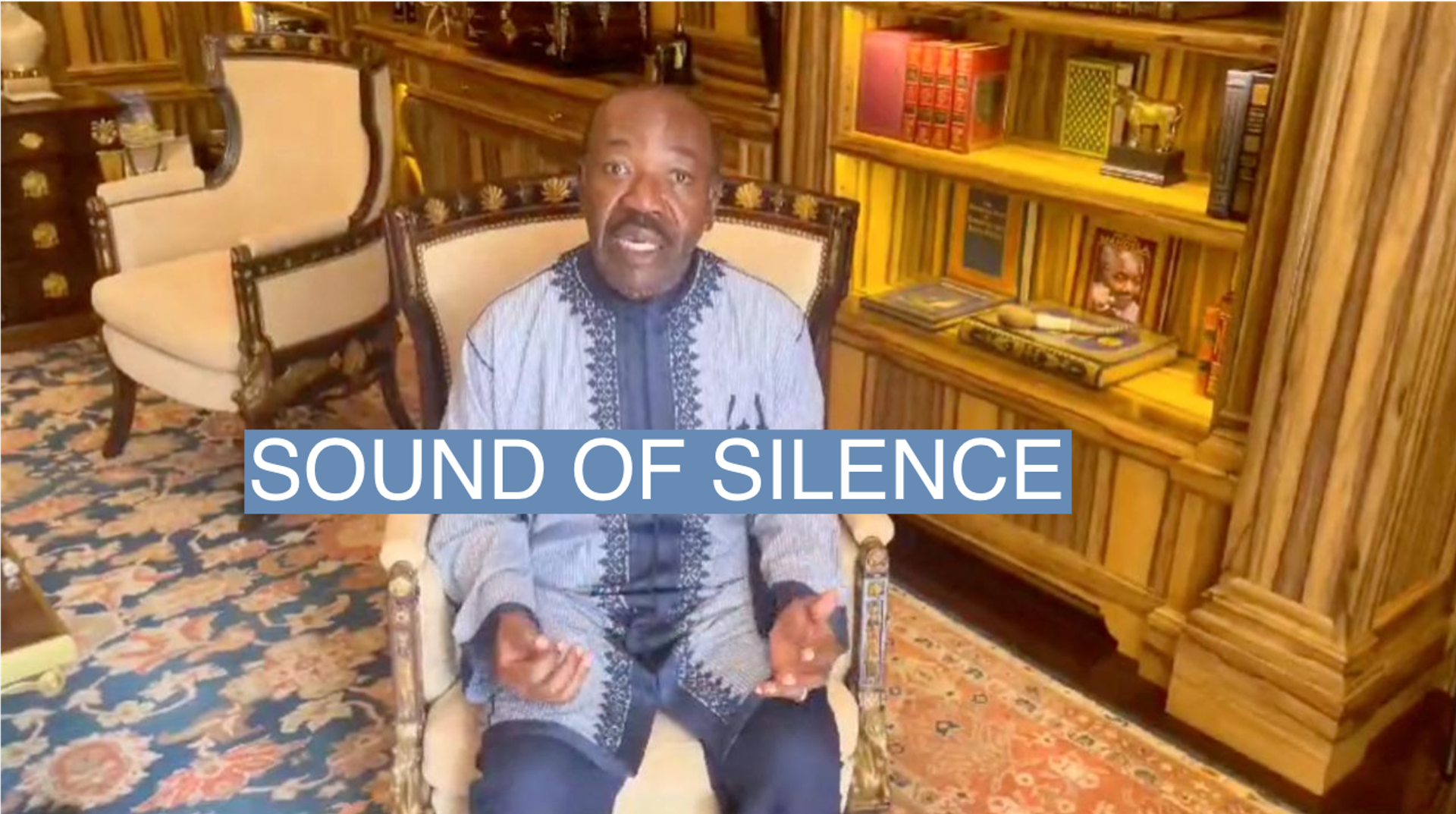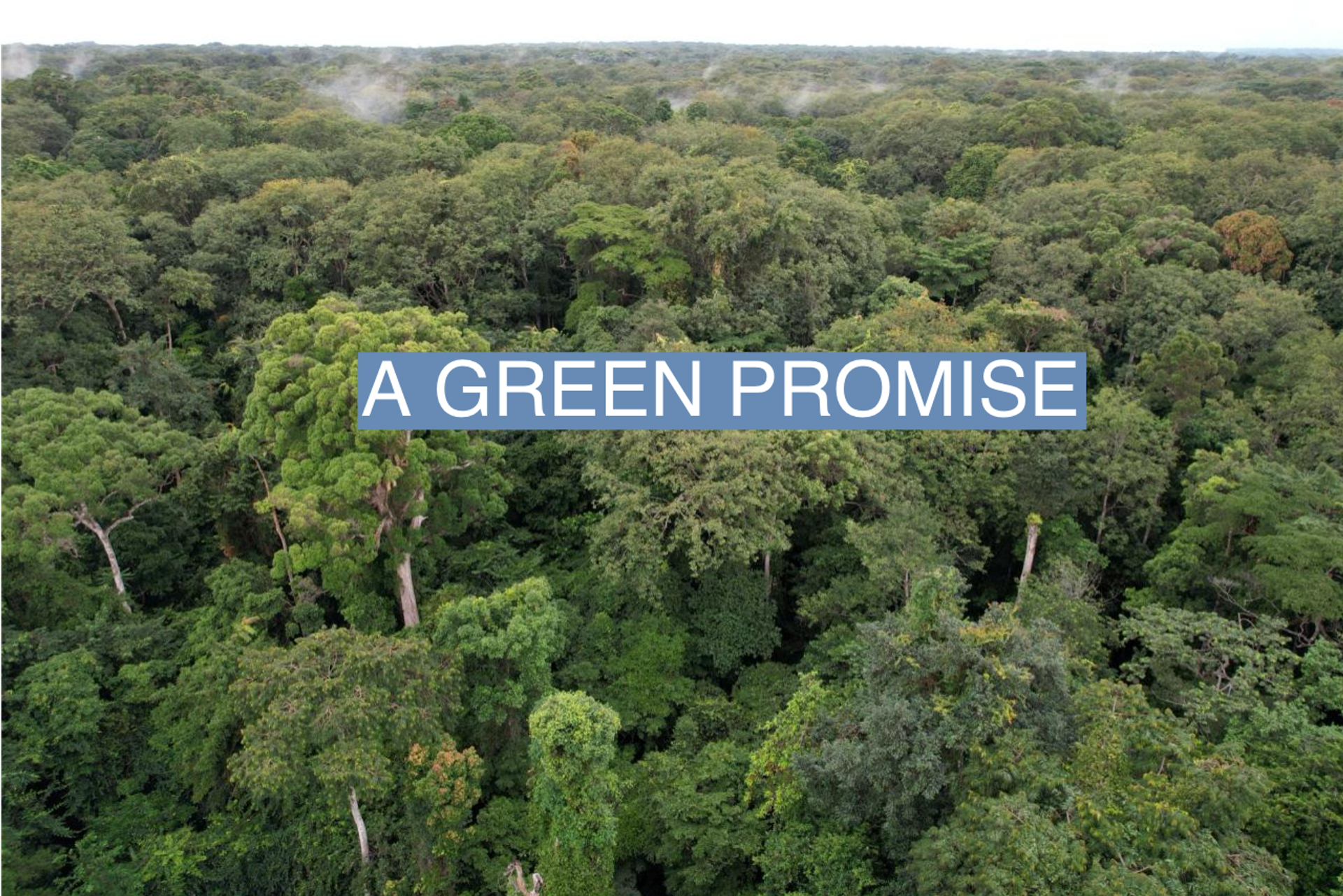The News
On Aug. 29 military officers took over power in Gabon hours after the electoral commission declared Ali Bongo Ondimba, 64, re-elected as president for a third term with 64% of the vote. But the fairness of the polls had been under scrutiny by the opposition coalition that alleged malpractice and international groups that pointed to internet restrictions and press gags as signs of an opaque process. People came out in the streets of the capital city Libreville to celebrate the end of the nearly 56-year rule of the Bongo family.
Know More
→ How is the Gabon coup different from those in West Africa?
Members of the military junta, in their speech declaring the takeover, signaled frustration with the elections as their encouragement for carrying out the coup. They cited “irresponsible, unpredictable governance [that] has led to a steady deterioration in social cohesion” while declaring the results canceled and dissolving all state institutions.
In this way, motivations for the Gabon coup appear to differ from West Africa’s most recent military takeovers in Niger as well as those in Mali and Burkina Faso. Each of those was premised on supposed failures of civilian administrations to effectively curtail the march of militant insurgents rampant in the Sahel region. Strong anti-French sentiments also formed a key part of the messaging around those three coups, reflecting deep-seated animosity towards the former colonial power and a desire among some countries in the subregion to sever military and financial dependence on France.
Yet, the circumstances in Gabon were similar to at least one other West African coup: Guinea. Alpha Conde had sought a third term in the West African country after amending the constitution to allow him contest again. Frustration arising from the desire of a longtime leader to remain in power was a crucial factor in the move to push out Bongo, who became president in 2009 after the death of his father who ruled Gabon for 42 years.
→ How has international reaction been different?
Strong condemnation has come from France, the African Union, and the European Union. The EU, which had noted “irregularities” in the election that Bongo supposedly won, insisted on a resolution to Gabon’s problems through “constitutional order and democracy.”
In keeping with its cautious approach in the wake of Niger’s putsch — which it is yet to call a coup — the U.S. has stopped short of calling the military action in Gabon a coup. However, state department spokesman Matthew Miller said the U.S. remained “strongly opposed to military seizures or unconstitutional transfers of power.”
A key difference is that the Economic Community of Central African States (ECCAS) has a lower profile than West Africa’s regional bloc, Ecowas. And, while ECCAS condemned the coup in Gabon, it did not seek to adopt a more assertive tone akin to that taken on by Ecowas in the wake of the putsch in Niger.
Yet, none of these statements by global powers have specifically called for Bongo — who is under house arrest and has called for friends of Gabon to “make noise” — to be returned to the presidency. Like China, the AU merely called for the junta to guarantee Bongo’s safety.

→ What’s at stake in Gabon?
The junta’s takeover is an example of how a coup in Africa does not need to be predicated on an immediate security crisis, serving up a cautionary tale for other seemingly stable but poorly governed nations on the continent. In power since 1967, the Bongo family has reportedly enriched itself with the oil-nation’s resources at the expense of poor citizens, buying up luxury properties in the West where they stash large sums of cash. Gabon’s GNI per capita of over $7,500 is four times the sub Saharan African average and the country has an oil reserve of 2 billion barrels. Yet, in a country of 2.1 million people, unemployment for those aged between 15 and 24 stands at 38%.
The takeover is likely to have business and economic consequences. Gabon is a major producer of high-grade manganese ore, one of the most widely used metals in the world that is used in steelmaking and electric vehicle batteries. It makes up around 14% of global supplies, according to analysts. The OPEC member is also one of Africa’s largest oil exporters producing around 200,000 barrels a day. And in recent years the country — one of the world’s most forested nations — has been at the vanguard of using climate finance to develop new sources of revenue and diversify away from a reliance on crude oil sales. It has developed eco-friendly policies, such as the sale of green bonds in exchange for protecting its woodland and a $500 million “blue bond” to safeguard marine life.

→ What do we know about the coup leader?
Brice Oligui Nguema, a general in the Gabonese military and a cousin of Bongo, was named head of the junta’s transition government. He is thought to be from the Haut-Ogooue province, the same part of the country as Bongo. In 2018, he was made leader of an elite unit of soldiers that protected the ousted president in the official residence in Libreville, the capital.
One profile describes Nguema as having been an aide de camp to the senior Bongo, Omar. Ultimately though, he seemed to have reviewed his long-standing ties to the family, turning on Ali after the latter chose to cling on to the presidency. “He did not have the right to serve a third term, the constitution was violated, the election itself was flawed – so the army decided to turn the page,” Nguema told reporters.
